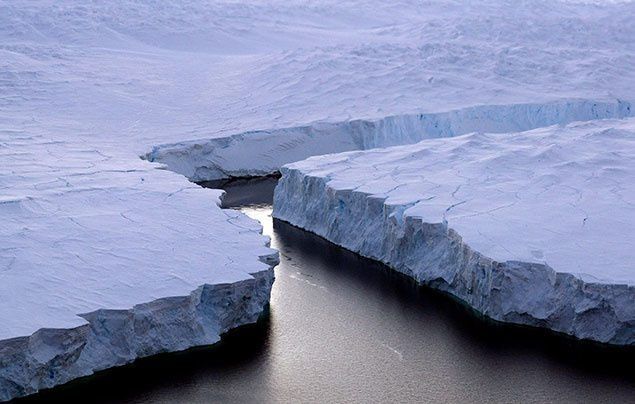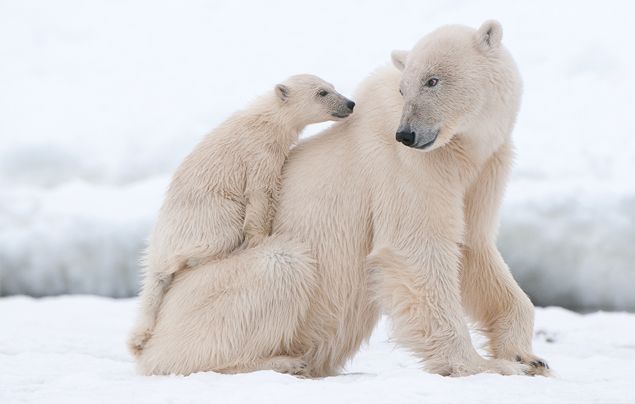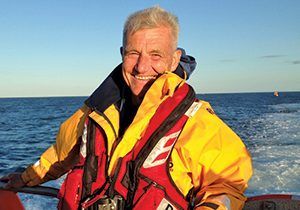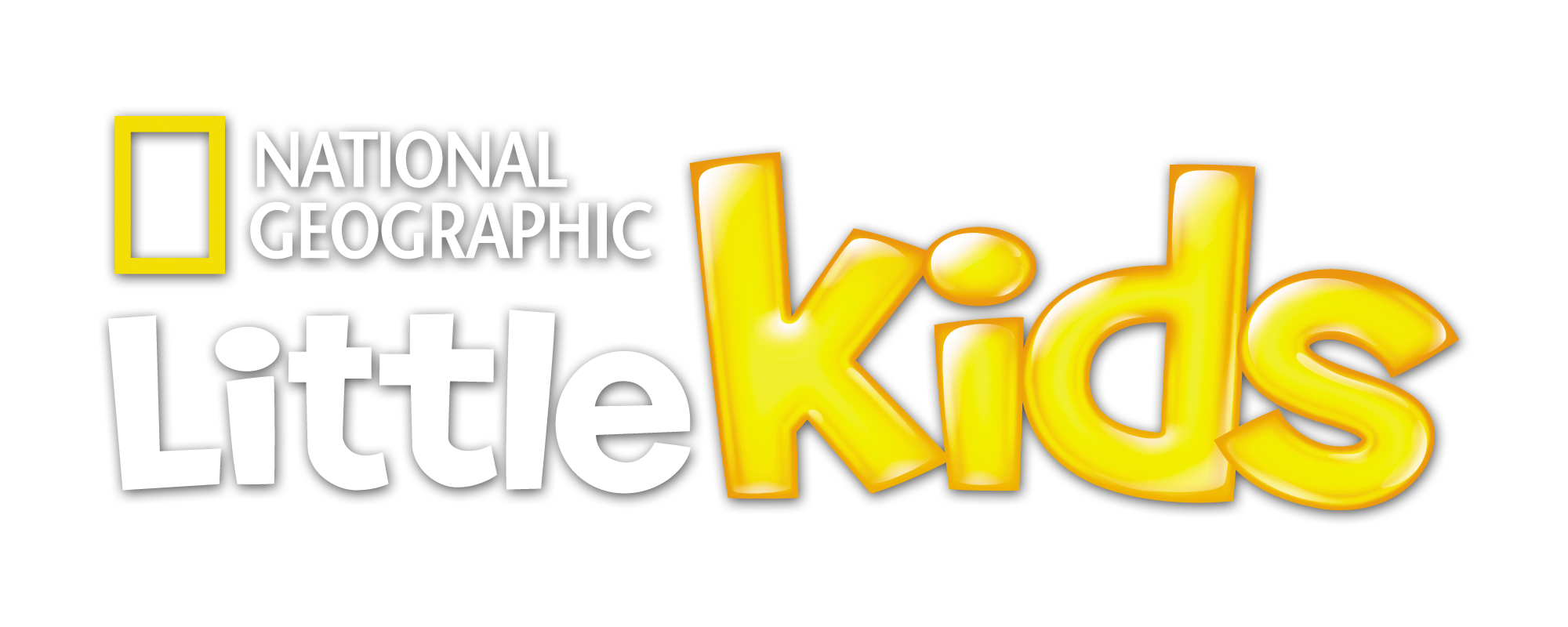What is climate change?
We investigate…

So, what is climate change?
Climate change (or global warming), is the process of our planet heating up.
Scientists estimate that since the Industrial Revolution, human activity has caused the Earth to warm by approximately 1°C. While that might not sound like much, it means big things for people and wildlife around the globe.
Unfortunately, rising temperatures don’t just mean that we’ll get nicer weather – if only! The changing climate will actually make our weather more extreme and unpredictable.
As temperatures rise, some areas will get wetter and lots of animals (and humans!) could find they’re not able to adapt to their changing climate.
Check out our magazine!

National Geographic Kids is an exciting monthly read for planet-passionate boys and girls, aged 6-13!
Packed full of fun features, jaw-dropping facts and awe-inspiring photos – it’ll keep you entertained for hours!
Find our magazine in all good newsagents, or become a subscriber and have it delivered to your door! Ask your parents to check out the ‘Subscribe’ tab on our website!
(AD)
What causes climate change?
1. Burning fossil fuels
 Over the past 150 years, industrialised countries have been burning large amounts of fossil fuels such as oil and gas. The gases released into the atmosphere during this process act like an invisible ‘blanket’, trapping heat from the sun and warming the Earth. This is known as the “Greenhouse Effect”.
Over the past 150 years, industrialised countries have been burning large amounts of fossil fuels such as oil and gas. The gases released into the atmosphere during this process act like an invisible ‘blanket’, trapping heat from the sun and warming the Earth. This is known as the “Greenhouse Effect”.
2. Farming
 Believe it or not, cows’ eating habits contribute towards climate change. Just like us, when cows eat, methane – a type of greenhouse gas – builds up in their digestive system and is released in the form of… a burp! This might sound funny, but when you imagine that there are almost 1.5 billion cows releasing all that gas into the atmosphere, it sure adds up!
Believe it or not, cows’ eating habits contribute towards climate change. Just like us, when cows eat, methane – a type of greenhouse gas – builds up in their digestive system and is released in the form of… a burp! This might sound funny, but when you imagine that there are almost 1.5 billion cows releasing all that gas into the atmosphere, it sure adds up!
3. Deforestation
 Forests absorb huge amounts of carbon dioxide – another greenhouse gas – from the air, and release oxygen back into it. The Amazon rainforest is so large and efficient at doing this that it acts like our planet’s air conditioner – limiting climate change. Sadly, many rainforests are being cut down to make wood, palm oil and to clear the way for farmland, roads, oil mines, and dams.
Forests absorb huge amounts of carbon dioxide – another greenhouse gas – from the air, and release oxygen back into it. The Amazon rainforest is so large and efficient at doing this that it acts like our planet’s air conditioner – limiting climate change. Sadly, many rainforests are being cut down to make wood, palm oil and to clear the way for farmland, roads, oil mines, and dams.
How will climate change affect the planet?
The Earth has had many tropical climates and ice ages over the billions of years that it’s been in existence, so why is now so different? Well, this is because for the last 150 years human activity has meant we’re releasing a huge amount of harmful gases into the Earth’s atmosphere, and records show that the global temperatures are rising more rapidly since this time.
A warmer climate could affect our planet in a number of ways:
– More rainfall
– Changing seasons
– Shrinking sea ice
– Rising sea levels
How will climate change affect wildlife?
 Climate change is already affecting wildlife all over the world, but certain species are suffering more than others. Polar animals – whose icy natural habitat is melting in the warmer temperatures – are particularly at risk. In fact, experts believe that the Arctic sea ice is melting at a shocking rate – 9% per decade! Polar bears need sea ice to be able to hunt, raise their young and as places to rest after long periods of swimming. Certain seal species, like ringed seals make caves in the snow and ice to raise their pups, feed and mate.
Climate change is already affecting wildlife all over the world, but certain species are suffering more than others. Polar animals – whose icy natural habitat is melting in the warmer temperatures – are particularly at risk. In fact, experts believe that the Arctic sea ice is melting at a shocking rate – 9% per decade! Polar bears need sea ice to be able to hunt, raise their young and as places to rest after long periods of swimming. Certain seal species, like ringed seals make caves in the snow and ice to raise their pups, feed and mate.
It’s not just polar animals who are in trouble. Apes like orangutans, which live in the rainforests of Indonesia, are under threat as their habitat is cut down, and more droughts cause more bushfires.
Sea turtles rely on nesting beaches to lay their eggs, many of which are threatened by rising sea levels. Did you know that the temperature of nests determines whether the eggs are male or female? Unfortunately, with temperatures on the rise, this could mean that many more females are born than males, threatening future turtle populations.How will people be affected by climate change?

Climate change won’t just affect animals, it’s already having an impact on people, too. Most affected are some of the people who grow the food we eat every day. Farming communities, especially in developing countries, are facing higher temperatures, increased rain, floods and droughts.
We Brits love a good cuppa, (around165 million cups of the stuff every day!), but we probably take for granted just how much work goes into growing our tea. Environmental conditions can affect the flavour and quality plus it needs a very specific rainfall to grow. In Kenya, climate change is making rainfall patterns less and less predictable. Often there will be droughts followed by huge amounts rain, which makes it very difficult to grow tea.
Farmers might then resort to using cheap chemicals to improve their crop to earn more money, even when long-term use of these chemicals can destroy their soil.How are people coping with climate change?

Buying Fairtrade products can help make sure a farmer is paid a fair wage. This means they can cover their costs, earn enough money to have a decent standard of living, and invest in their farms to keep their crop healthy, without needing to resort to cheap methods of farming which can further damage the environment.
This support also helps farmers to replace eucalyptus trees – which take up a lot of water – with indigenous trees that are better for the farmers’ soil. They can learn to make fuel-efficient stoves which will not only make them a little extra money, but also reduce the carbon footprint of the community – cool!
How can I help prevent climate change?

Small changes in your own home can make a difference, too. Try switching to energy-saving lightbulbs, walking instead of using the car, turning off electrical items when you’re not using them, recycling and reducing your food waste.
All these little things can make a difference. You can check out more eco-friendly ideas, in our kids’ guide to saving the planet! Plus, check out our cool article about Greta Thunberg, too, to discover how young people are making their voices heard.
You can download information about Fairtrade and climate change for your school, here! www.fairtrade.org.uk/schools.
More Like General Geography

10 fabulous facts about Diwali!

Meet Extraordinary Explorer Alex Van Bibber!

Dare To Explore with Paul Rose!











LEAVE A COMMENT
THANK YOU
Your comment will be checked and approved shortly.
WELL DONE,
YOUR COMMENT
HAS BEEN ADDED!
COMMENTS
WOW!
really good explaning!
I love this article we should be talking about this problem!
This was great infomation for my project
All this information was really helpful for my be eco assembly I'm putting together.
Let’s take action and stop this climate change. Climate change is no reason for deaths.
Thanks for useful information. I'll help saving Earth.
I’m going to help as much as i can
This is a very educational website.
COOL!
That is so sad!
Let's fix this problem
Lets save the world!! Yeah!
Lets do this
come on guys let do this
let us take action
thanks it helped with schoolwork
we can do this
we can do this
good
i love this website so much and it gets loads of people to watch your videos and i cant wait for more fun facts and information on the geo love from sahsha and grace
lets take action
Cool
let's take action thomasSSSSSSSSSSSSSSSSSSSSSSSSSSSSSSS
Yes correct keep working your magic
nice
Lovely
Let's Take action!
WOW AMAZING THANKS!
VERY INTERESTING
awesome
coool
cool
interesting
not useful
Cool website
cool
goodo website .. i guess
this is a cool book
hi
Let’s get into
really helpful for my studies
wow i have learnt a lot about climate change
good
take action and pick up rubbish
lets stop this!!!
LETS STOP GLOBAL WARMING!!!!!!
awesome
Oh no
niceinfo
oof
Can't wait
Let's make the world now and the future world a better place!
lets do this
Want more ideas to help stop Climate Change!☹️ But it was still interesting..
We must stop our ways to lead a better life
You are amzing
good facts
this is so cool and cute and lets take action
This an outrage beyond belief! I for one can not stand for the injustices placed on the general public by individuals in power. We need to stand together and promote policies that target climate change for a cleaner and more sustainable tomorrow! #2040 #takeaction #plantatree #banplasticbags #recycle
science
wow
SO COOOL TO KNOW! I WANNA SAVE THE ENVIRONMENT
yee lets do somthing about it
So helpful
this website is so good!
Bad
Bad
lets stop deforestation
lets save our planet!
cool
WE NEED TO TAKE ACTION
this is helpful
lets take action
ok
We need to make a difference and change the way we do things. we can change our way of living and save our environment so we can have a better world.
lets do this
lets take a stand and make a difference
lets save the earth!!!!
Wow! I never new that it was so comlecated!!
Lets make a difference to our earth and help while we can. xx
People should be educated about climate change because it's a real problem.
Thank you for teaching us how climate change can be bad. Now that we know, we can make a difference to save Earth
this is a really good artical, it helped me a lot.
LOVE LOVE AND LOVE
I love this site
Let's take action!
Hi
Let’s stop climate change!!!!
I hope everyone who read this made all the changes suggested - or as many as they could. I think we should all try our hardest.
We really should do something about climate change!
lets make earth great again stop global warming!!!!!!!!!!!!!!!!!!!!!!!!
Lets fight against climate change and save all the animals. This page has helped me a lot with decisions and my homework project. I will think differently to try and help this world. I cant just sit around and wait for the world to end because then it will be to late we the children of the future need to start fighting and uniting to make the world better for our future generations. If we all get involved and contribute the littlest it will all mount up and become amazing. Lets do this and lets do it right . Lets save this world from the monsters we have created
stop global warming
l learned some thing new
Why don't we shoot all our rubbish to a different sun it helps us
STOP GLOBAL WARMING
It was good but hard Let's save our planet
Hi stop global warming
LETS HELP STOP GLOBAL WARMING!!!!!!!!!!!!!!!!!!!!!!!
I love national geographic kids. My teacher showed it to me and I loved it! Love you NGK!
I love national geographic!
STOP GLOBAL WARMING.
Let's save our planet
This passage really helped me ask questions and taught me a lot of things
This is a very informative piece. It helped so much
I think that we could write more than LOL or COOL. It is very important that people have to think about the world.
i was put to a task by my teacher about climate change and this site helped me so much
it helped me with my homework and helped me realize the result of our actions
Stop global warming!!!!!!!!!!!
This national geographic for kids is really good and I think it has lots of facts about the topic.
we can make posters to stop global worming/climate chande
I like climate change
Please help the cute animals across the world
Great explanation! Really is great for kids to understand how climate change works and how it affects us. Great job!
WE NEED TO STOP CLIMATE CHANGE!
Lets help save our environment!
This really helped me understand about Climate Change and global warning.
Hi, this really helped me with understanding about Climate Change!
save the turtles... stop global warming!!
lets make a change
lets take action
oh i never realised it was that bad
stop global warming
Me and my mum are going to donate to help the polar bears! this is a great idea, informing the public on ways to save the polar bears
I think that is very interesting even my mum who was a scuba diver didnt know that. Im doing a science poster competition which mostly all schools are doing so I am doing THIS FOR MINE!!! Thanks for the info will use this web site loads more xxxxxxxxxxxxxxxxx AOIFE`
this helped with my homework Thanks!
What about campaigning for governments to take action to radically reduce dependance on fossil fuels?
CUSTOMIZE YOUR AVATAR